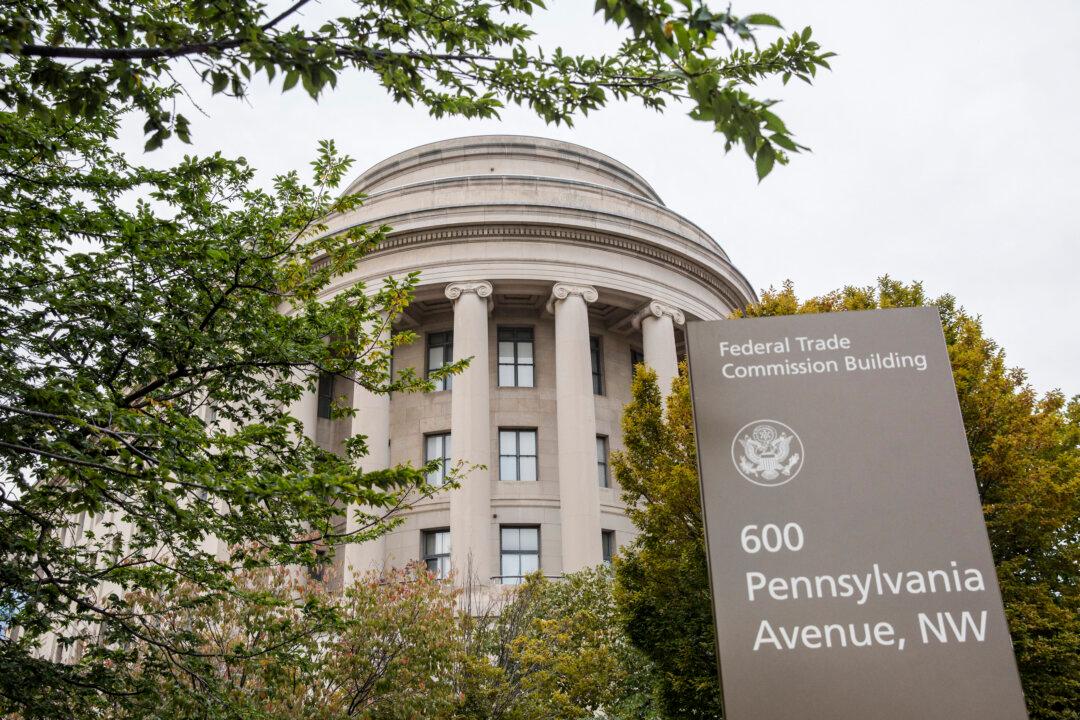The Federal Trade Commission (FTC) issued a warning to tech companies on Feb. 27, telling them to “keep your AI claims in check,” as the agency intends to crack down on overstated artificial intelligence (AI) claims.
Michael Atleson, an attorney for the FTC division of advertising practices, wrote in a blog post that the term “artificial intelligence” is ambiguous. It is also a “hot marketing” term that advertisers won’t be able to resist from “overusing and abusing.”




